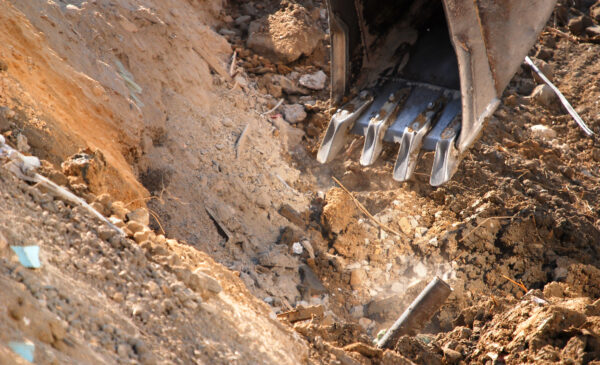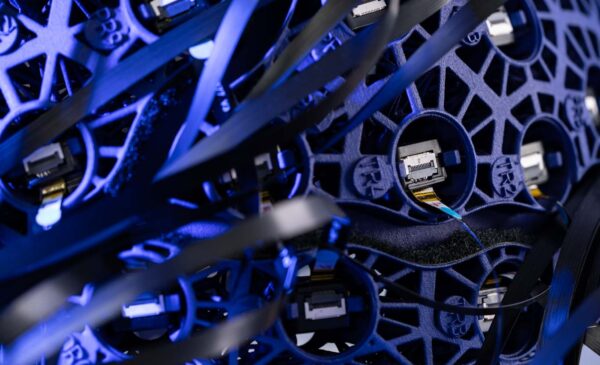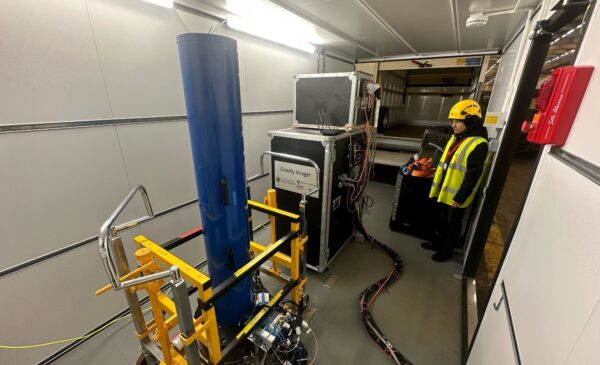Ground-breaking research which could see major infrastructure projects completed more quickly and cost-effectively has received a boost with the establishment of a new post-graduate study programme at the University of Birmingham.
The University’s Quantum Technology (QT) Hub, led by Professor Kai Bongs, will be running Masters and PhD courses in Translational Quantum Technology from the forthcoming academic year. The programme gives students the opportunity to work directly with industry on applying the Hub’s world-leading research into gravitational sensors to solving real-world problems.
The Birmingham QT Hub is one of four in the country to receive a share of £350 million Government funding into quantum technologies. Focusing on quantum sensors, the Birmingham QT Hub works closely with industry and offers collaborative working space for businesses to develop new products and innovations.
The new study programme is the only one in the country both to focus on atomic quantum sensors and to offer such a strong application-led focus alongside industry partners.
Quantum sensors could revolutionise the construction of key infrastructure projects such as the next phase of high speed rail construction from Birmingham to Manchester, as well as help solve the problems inherent in building homes, roads and rail links in ex-mining areas such as the Black Country.
Pre-construction groundworks which use traditional technologies to assess the quality of the land prior to building are time consuming and costly. It has been estimated that, currently, ground condition investigations can add up to £7 billion to the cost of construction projects in the UK every year.
In the first phase of HS2 alone, for example, more than 9,500 fieldwork locations with boreholes, trial pits and so on, have to be opened to assess ground conditions. Any issues detected can cause project delays with much larger economic impact.
Gravity mapping – which measures ground density and can thus pinpoint potential problems – is limited by interference from ground vibrations, and measurements from point-to-point can take around ten minutes. A one-hectare gravity map showing sub-ground conditions would take around two to three weeks to measure.
Quantum technology allows the realisation of gravity gradient sensor technology, which intrinsically supresses ground vibrations in a differential measurement and enables point-to-point measurements to be taken in just a few seconds.
“Quantum gravity gradient technology enables much more precise mapping of sub-ground conditions and can speed up the process one hundred fold,” said Professor Bongs.
“Our work at the QT Hub and our investment promises to move gravity mapping from a niche technology to a key enabler of modern civil engineering, with savings to the UK economy of several hundreds of millions of pounds per year.”
Further information is also available on the University of Birmingham website.
– ends –
Notes to editors
For interview requests or more information, please contact Mary Whitehouse, University of Birmingham on +44 (0)7864 990245, or [email protected]
For out of hours media enquiries, please call: +44 (0) 7789 921 165




